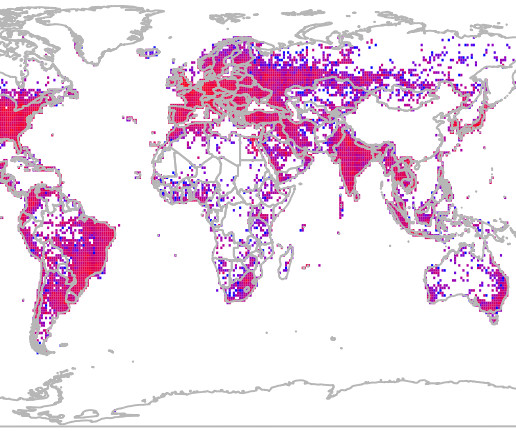Happy 13th Birthday, KrebsOnSecurity!
Krebs on Security
DECEMBER 29, 2022
Several strong themes emerged from 2022’s crop of breaches, including the targeting or impersonating of employees to gain access to internal company tools; multiple intrusions at the same victim company; and less-than-forthcoming statements from victim firms about what actually transpired.













Let's personalize your content